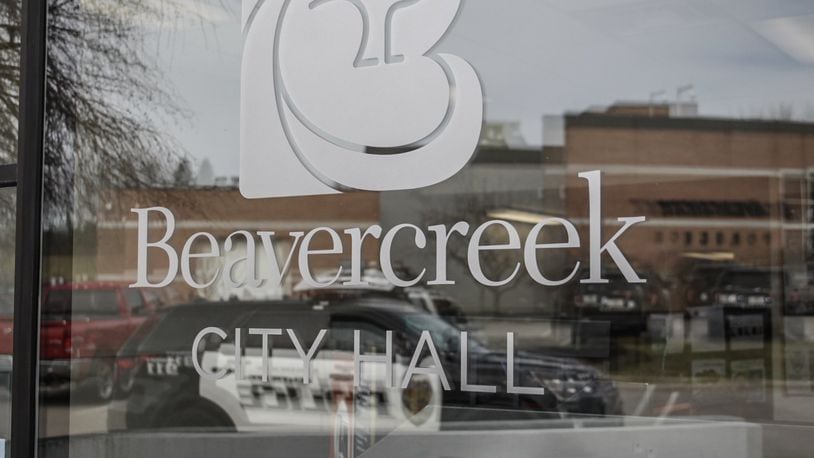City of Beavercreek Mayor Bob Stone started the reading by saying that three readings is not required by the city charter, but that council feels this an important ordinance that needs to get as much public attention as it can.
The new ordinance does not automatically put the income tax on the ballot, rather, it determines what the income tax would look like and allows council to now decide if they will take the next step of putting it on the ballot.
First report: Beavercreek considering income tax vote this fall
If it passes, the 1% earned income tax would not be collected until Jan. 1, 2022. A 3.4 mill property tax levy that scheduled to expire at the end of 2021 will not be renewed. The proposal says none of the street, police, parks and infrastructure bond levies planned for 2021-2023 would be put on the ballot if an earned income tax was put in place.
“This action was to determine, should it go on the ballot, this is how it would be structured,” Stone said. “We will face that bridge (ballot decision) when we come to it not too far down the road.”
Council members have not said when they will make their final decision.
Public input was allowed at all three readings. At one of the readings, one resident opposed the income tax vote while supported it .
Tony Corvo, a Beavercreek resident, referenced a resident who spoke at the last reading who said she supports the income tax because she trusts the council and their decisions.
“I’m sure you’re all nice people,” Corvo said. “I know some of you. The problem is, I don’t trust you when you’re sitting in those seats. Outside those seats, you’re great people. … I don’t trust the state legislature, I don’t trust the federal legislature. And that’s a good thing. It’s built into the constitution — checks and balances.”
Another concern Corvo said he had was the possibility of the city asking to increase the income tax in the future, if adopted.
Beavercreek residents in favor of the income tax, Mark Walsh, said he felt it would be financial suicide for the city to “continue giving money to surrounding communities when we have pressing needs in Beavercreek.”
The resident-led committee that proposed the income tax earlier this year said the tax would reduce residents’ property taxes and the city’s reliance on property taxes, ensure non-residents pay their fair share for local public services.
While addressing council, Walsh also referenced a resident who spoke at the last reading who said they were concerned about enacting the income tax if people were unemployed amid the COVID-19 pandemic.
“From a citizens perspective, I’d rather have an income tax if I was unemployed (because) I don’t pay it,” Walsh said. “Whereas, if all my tax to the city was in property tax, if I’m unemployed for three of four months, I have to pay the tax. If I’m unemployed, I don’t have to pay the tax.”
This is not the first time the city has attempted to add an earned income tax.
In 2013, voters turned down a 1.5% earned income tax because opponents said the tax did not have enough accountability about how the money would be spent for capital improvements.
About the Author
